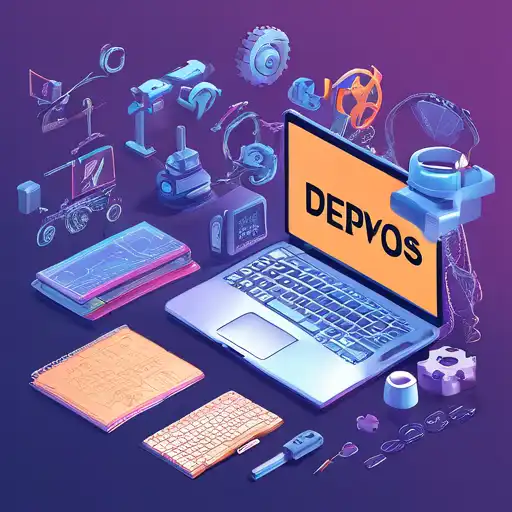Introduction to DevOps in 2023
As we step into 2023, the DevOps landscape continues to evolve, bringing forward tools that streamline development and operations processes. This guide highlights the essential DevOps tools you need to know to stay ahead in the fast-paced world of software development.
Version Control Systems
Version control is the backbone of DevOps, enabling teams to manage changes to source code over time. Git remains the undisputed leader, with platforms like GitHub, GitLab, and Bitbucket offering robust solutions for collaboration and code management.
Continuous Integration and Continuous Deployment (CI/CD) Tools
CI/CD tools automate the software release process, from code commit to production. Jenkins continues to be a popular choice for its flexibility and plugin ecosystem. However, newer tools like GitHub Actions and GitLab CI/CD are gaining traction for their seamless integration with version control systems.
Configuration Management
Managing infrastructure as code is crucial for scalability and consistency. Ansible, Chef, and Puppet are leading tools that automate the configuration of servers and applications, ensuring environments are reproducible and manageable.
Containerization and Orchestration
Containerization has revolutionized how applications are deployed and scaled. Docker remains the go-to for creating lightweight, portable containers. For orchestration, Kubernetes dominates the scene, enabling efficient management of containerized applications across clusters.
Monitoring and Logging
Visibility into applications and infrastructure is vital for maintaining performance and reliability. Tools like Prometheus for monitoring and ELK Stack (Elasticsearch, Logstash, Kibana) for logging provide comprehensive insights into system health and behavior.
Cloud Platforms
Cloud platforms are integral to DevOps, offering scalable resources and services. AWS, Azure, and Google Cloud provide a wide range of tools and services that support DevOps practices, from infrastructure as a service (IaaS) to platform as a service (PaaS).
Conclusion
The DevOps tools landscape in 2023 is rich and varied, offering solutions for every stage of the software development lifecycle. By leveraging these tools, teams can achieve faster deployments, improved collaboration, and higher quality software. Stay updated with the latest trends and tools to maintain a competitive edge in the ever-evolving tech world.
